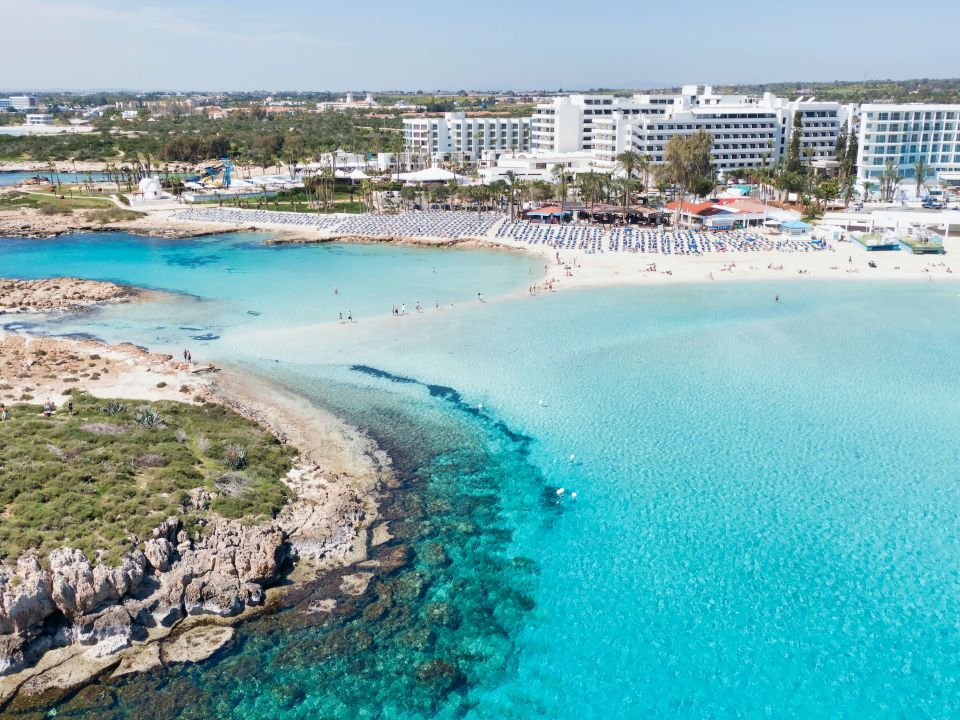A Guide to Understanding the Legal Landscape in Cyprus

Cyprus is a popular tourist location, being located right in the middle of the Mediterranean Sea. However, its purpose does not only focus on it being a tourist location. Thanks to the local tax laws, it has attracted thousands of businesses from various industries. The perfect examples are online sportsbooks and casinos, some of which can be found on casinofiables site, as they find the local tax regulations beneficial, which brings them to the country. Other industries in the IT, finance and crypto sector are finding the same tax benefits appealing.
More importantly, the whole country has adequate regulatory bodies, ensuring that all the local laws are closely followed. That way, the whole legal system is properly set up, and investors in every industry are aware of the rules that they have to follow.
You’re in the right place if you want to learn more about the legal system of Cyprus. Let’s go over the basics for each of them.
General Legal System in Cyprus
The general legal system relies on several important levels. The structure in place ensures that everything is efficient. Keep reading to learn more.
The Legal System and Its Sources, Including Legislation, Case Law, and International Treaties
The legal system is based on the British Common Law. As such it fully complies with EU laws, making it modern, efficient and effective. Before aligning with the EU, the Law put the Constitution as the highest norm of the country. However, after joining the EU, Constitution is now second, being preceded by the European Union Law. Therefore, all the laws that are passed need to comply with EU regulations.
The Court System and the Hierarchy of Courts in Cyprus
The court system, also known as the judicial system, contains three levels. They operate in the following hierarchy.
- The Supreme Court - Recently split up into the Supreme Court and Supreme Constitutional Court
- The Court of Appeal
- The First Instance Courts - District Courts, Assize Courts, Courts of Special Jurisdiction, Family Courts, Industrial Disputes Tribunals, Rent Control Courts and the Administrative Court.
Regulation of Casinos
The regulation of casinos is a bit complicated due to the local laws. Keep reading to learn how.
Legal Framework for Regulating Casinos in Cyprus
Legally speaking, online casinos are not legal in the country. Only sports betting is officially legal. However, since the country is a member of the EU, its citizens can play at online casinos from other countries without being legally prosecuted. Essentially, all Cyprus residents can enjoy the latest VR games from casinos holding licenses from Malta Gaming Authority and UK Gambling Commission.
The Licensing Process and Requirements for Operating a Casino
There’s no way to obtain an online casino license. However, that does not apply to online sportsbooks. Operators interested in entering the Cyprus sports betting market can apply for a license to operate. Those interested have three options available. Applying for a single-year, two-year or three-year license to operate.
Responsible Gambling Measures and Player Protection Regulations
Laws in Cyprus serve to protect its people, among other things. So you’ll find detailed responsible gambling regulations in place to keep everyone safe. The regulatory body governing retail casinos has a gaming action plan in place to ensure the highest player safety standards are met.
Commercial Laws and Regulations

Lawmakers often think about ways to cool themselves in Larnaca during the summer, but when it’s off-season, they always work hard on regulating the commercial laws and regulations.
Commercial Laws and Regulations Governing Businesses in Cyprus
Cyprus Companies Law, Chapter 113, is responsible for regulating all types of business in the country. It permits investors to open businesses quickly. That’s thanks to British influence that was present for decades in the region. The law in question is based on English Companies Act 1948. The law regulates:
- Company formation
- Share capital and debentures
- Company management
- Company records
- Financial audits
- Closing down the business
- Other smaller regulations
Company Formation, Intellectual Property Rights, and Contract Laws
Cyprus laws don’t only cover company formation. There are many other regulations that ensure intellectual property rights. This protects businesses from competitors stealing any intellectual property they hold. Additionally, contracts are also regulated by the Laws of Cyprus, making it a binding obligation between two parties, as long as neither side is forced to sign the contract.
Taxation Laws
One good thing about Cyprus are its taxation laws. The company is the first choice for many investors located in Russia, the UK and Lebanon for this reason. Despite being a tax haven, it’s still necessary to carefully examine the taxes the business owner needs to take care of. Therefore, partnering up with a local law firm might be the best way to ensure that you’re paying all the required taxes.
Real Estate Laws
Cyprus laws regulate real estate heavily, like in any other country. If you’re planning to purchase a property in the country, it’s best to visit it and examine it. During the whole process, make sure to involve a local agency who will help to set up everything in place. Make sure that the Land Registry Department is involved, as it’s the body that will provide you with a certificate that proves you’re the owner of a property.
Employment Laws
As a member of the European Union, Cyprus closely follows modern employment laws, protecting workers in the country. The law regulates employment in great detail, making it a transparent process for both businesses and workers.
Consumer Protection Laws
There are multiple consumer protection laws in place. This ensures that the average consumer is fully protected and has their rights. This is in compliance with EU laws and helps to keep businesses in check.
Conclusion
As you can tell, the small country in the Mediterranean is heavily regulated. That is good for everyone, as it ensures a high standard of living. Investors and citizens know that the regulating laws are creating safe business surroundings for everyone. Thanks to the local regulations and low tax rates, it keeps attracting more businesses to the island. Hopefully, the same practice will continue in the future.
Leave a Reply